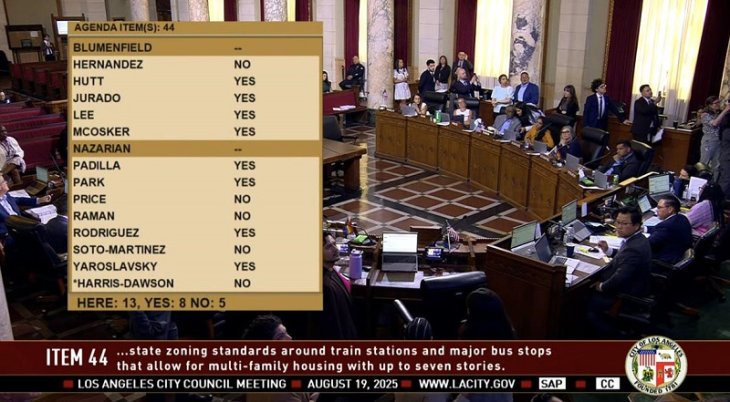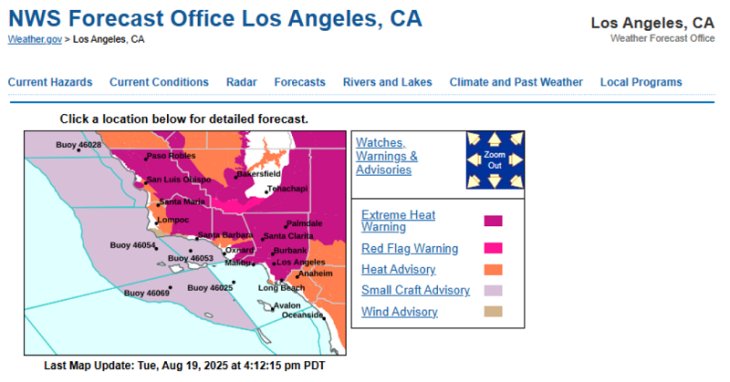Measure is intended to fund affordable housing and tenant assistance programs through a property transfer tax
By Dolores Quintana
Measure ULA, the newly passed City of LA property transfer tax seems to be headed for the courts as a group of landlords, The Apartment Association of Greater Los Angeles, and the Howard Jarvis Taxpayers Association have chosen to file a lawsuit against the city and Measure ULA, as reported by Globest.com.
This measure is intended to fund affordable housing and tenant assistance programs through a property transfer tax affecting the most expensive purchases of property in the city of Los Angeles. Measure ULA imposes a 4 percent tax on real property sales or transfers valued at over $5 million but less than $10 million and a 5.5 percent tax on real property sales or transfers valued at $10 million or more.
The measure would generate approximately $600 million to $1.1 billion annually for existing and new programs and the measure’s language mandates that at least 92 percent of the revenue be used for affordable housing and tenant assistance with only eight percent of the monies to be used for administrative costs. It could create 26,000 new housing units within a decade. The measure also sets up a citizens oversight committee to make funding and program recommendations and establish a tenant council to advise on housing matters. The measure will also annually adjust the property value thresholds based on the Chained Consumer Price Index and exempt certain housing, non-profit, and public entities from the tax. It would be considered a permanent tax until such time as it might be repealed by the voters of the city.
Measure ULA is scheduled to take effect on April 1, 2023. Voters strongly supported and passed the measure 58 percent to 48 percent in the November election despite the fact that the candidates for Mayor did not support it. The UCLA Lewis Center For Regional Policy Studies issued an analysis of Measure ULA that stated, “Measure ULA would raise $923 million annually for affordable housing production and homelessness prevention in the form of rent relief, income support, and legal counsel for tenants. This paper demonstrates that Measure ULA would have a positive impact on the city’s housing crisis while having no effect on the average Angeleno.”
As quoted by Globest.com, the plaintiff’s lawsuit states, “If the Measure ULA tax increase is imposed as scheduled on April 1, 2023, great and irreparable harm will result to all Los Angeles property owners in being required to pay unconstitutionally imposed taxes.”
Laura Raymond, a Measure ULA campaign co-chair, in a statement as quoted by Globest.com, “The California Supreme Court has made it clear that our power as citizens to place the measure on the ballot is broad, and at least four recent decisions of the Court of Appeals have made it clear that City Charters cannot limit the initiative power to propose special taxes.”





















